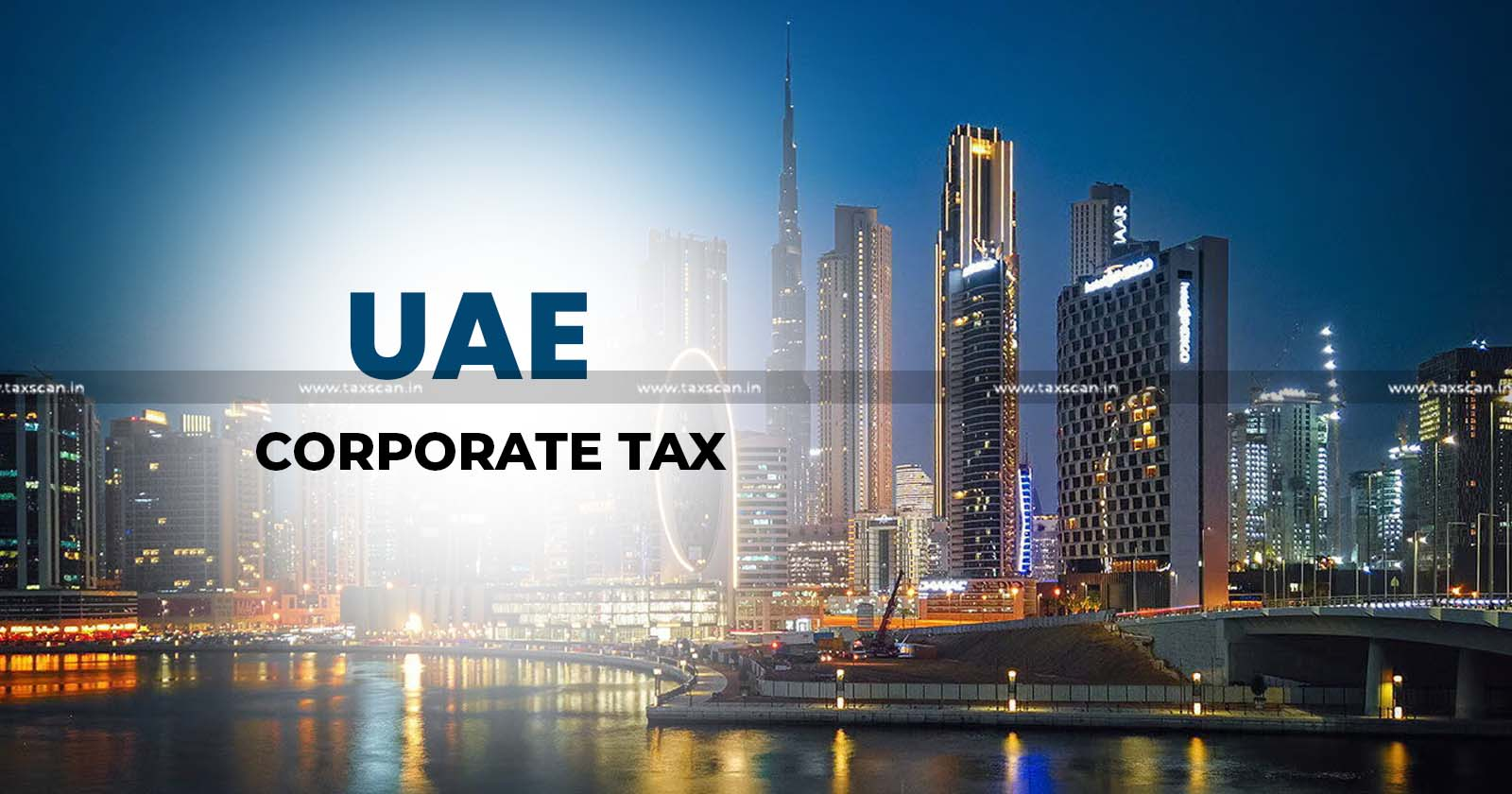
The UAE’s introduction of a 9% corporate tax in June 2023 has reshaped the real estate sector, a key driver of the nation’s economy. With property companies facing new tax obligations, strategic planning is essential to minimize liabilities and maximize profits. In 2025, eight corporate tax strategies stand out for real estate firms, offering compliance and financial optimization for both mainland and free zone entities. These strategies are particularly relevant for American investors and companies operating in the UAE, leveraging the country’s competitive tax regime and business-friendly environment.

Qualifying Free Zone Persons (QFZPs) in areas like Dubai’s DMCC or Ajman Free Zone can benefit from a 0% corporate tax rate on qualifying income, such as commercial property transactions within free zones. To maximize this, ensure compliance with substance requirements, like maintaining adequate staff and assets. Hybrid models combining free zone and mainland operations can balance tax exemptions with market access, appealing to U.S. firms seeking tax efficiency.
The UAE’s corporate tax allows deductions for expenses like maintenance, depreciation, and interest on property-related loans. Real estate companies should meticulously track these costs to reduce taxable income. For example, a developer like XYZ Developers LLC can deduct construction and marketing expenses, potentially lowering their 9% tax liability on profits above AED 375,000 ($102,000). Proper documentation is key to compliance.

Small real estate firms with annual revenues below AED 3 million ($816,000) qualify for Small Business Relief, exempting them from corporate tax. This benefits smaller developers or agencies in Ajman or Sharjah, where property prices are lower. U.S.-owned startups can use this to reinvest profits into growth, ensuring compliance with Federal Tax Authority (FTA) filing requirements to avoid penalties.
Transferring property ownership from corporate entities to individual shareholders can exempt rental income and capital gains from corporate tax, as individual real estate income is generally non-taxable unless tied to a licensed business. For instance, restructuring a mainland company’s residential portfolio to individual ownership can reduce tax exposure, though legal and transfer costs must be weighed.
REITs, such as UAE REIT Inc., can qualify for corporate tax exemptions if they meet conditions like maintaining diverse ownership and limiting real estate assets to 10% of total holdings. American investors can channel funds through REITs for tax-efficient exposure to UAE properties, ensuring compliance with FTA regulations to maintain exempt status.
Cabinet Decision No. 34 of 2025 allows limited partnerships to be treated as tax-transparent, where income is taxed at the partner level, not the entity. Real estate firms can structure joint ventures as partnerships to avoid the 9% corporate tax, especially for mixed-use developments. U.S. investors familiar with similar U.S. structures can benefit, provided partnerships meet transparency criteria.
Timing property sales or lease agreements can optimize tax liabilities. By deferring high-value sales to align with lower-profit years, companies can stay below the AED 375,000 ($102,000) tax-free threshold. For example, staggering off-plan sales in Ajman Corniche projects can spread taxable income, reducing annual tax burdens for developers.
Navigating the UAE’s evolving tax landscape requires expertise. Engaging FTA-registered tax consultants ensures compliance with filing deadlines (within nine months of the financial year) and optimizes strategies like transfer pricing for multinational firms. For U.S. companies, advisors can align UAE tax plans with U.S. regulations, leveraging double taxation agreements to minimize global tax burdens.
The UAE’s 9% corporate tax rate, one of the lowest globally, combined with freehold ownership and no personal income tax, makes it attractive for U.S. investors. Ajman Corniche’s high 7-10% rental yields and free zone incentives offer strong returns. Strategic tax planning ensures compliance while maximizing profits, with real estate transactions reaching AED 78 billion ($21.2 billion) in Q1 2025. Proximity to Dubai (30-40 minutes) enhances accessibility.
While these strategies offer savings, challenges include potential regulatory changes and compliance costs. The OECD’s Pillar Two framework, effective January 2025, imposes a 15% minimum tax for multinationals with revenues over EUR 750 million, requiring careful structuring. Maintaining accurate records and meeting FTA deadlines (e.g., September 30, 2025, for calendar-year firms) is critical to avoid penalties.
The eight corporate tax strategies—leveraging free zone incentives, optimizing deductions, using small business relief, restructuring ownership, utilizing REITs, implementing partnerships, timing income, and engaging advisors—empower real estate companies to thrive in the UAE’s 2025 tax landscape. For American investors, these approaches align with the UAE’s business-friendly policies, ensuring high returns and compliance in a dynamic market like Ajman Corniche. corporate tax
read more: Fujairah Waterfront: 7 Resort‑Style Communities for Long‑Term Investors
